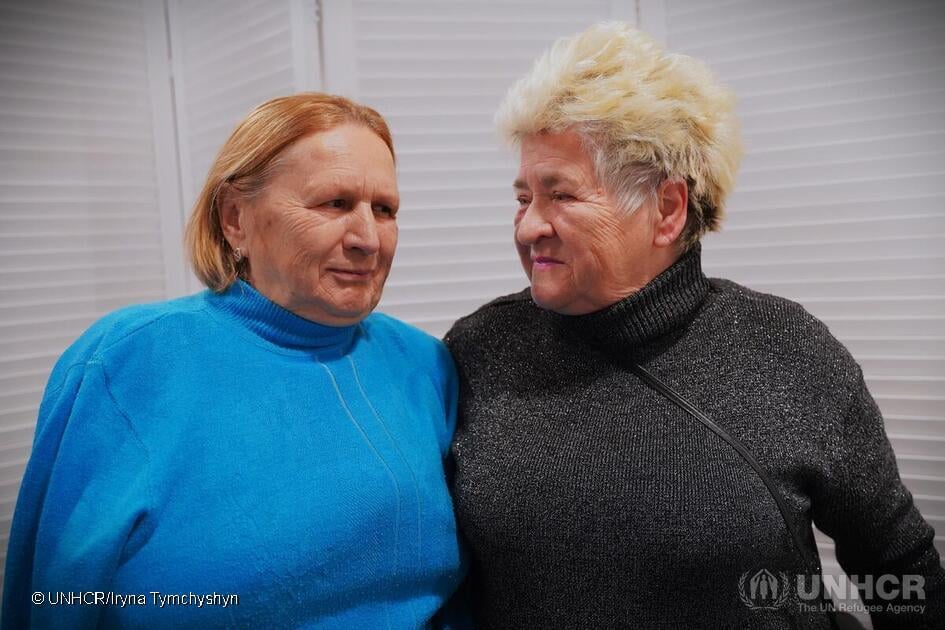
Bridging gaps in accessing Ukraine’s social protection system
A new study on social protection access in Ukraine shows that addressing a few key barriers would greatly benefit eligible recipients.

A new study on social protection access in Ukraine shows that addressing a few key barriers would greatly benefit eligible recipients.
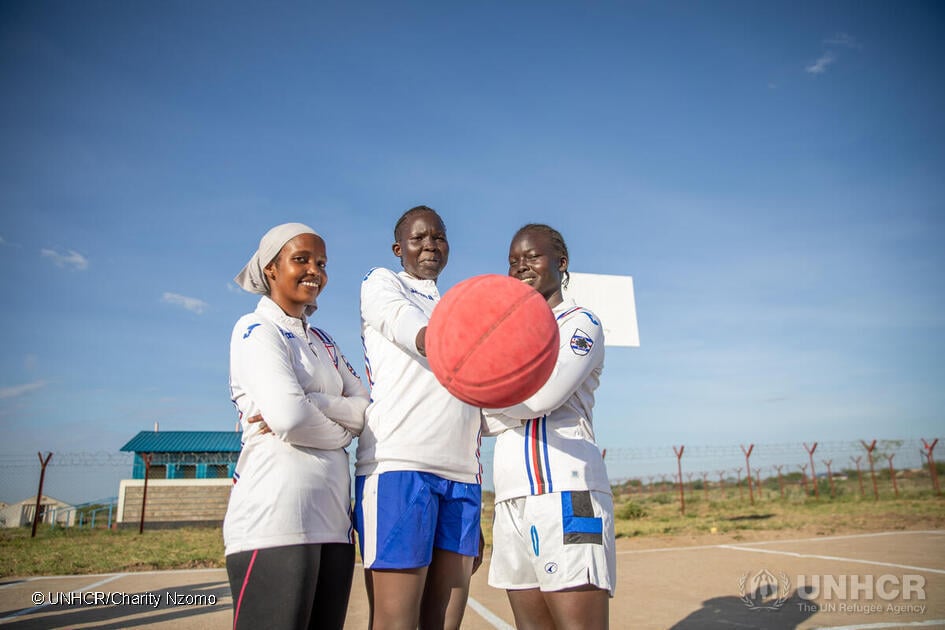
Aspirations vs. reality: The benefits of prioritizing education are immense. All children and youth deserve a quality education that matches their aspirations and paves the way for a good future.

A new UNHCR-World Bank report highlights the “triple win” created when refugees are allowed to work: increased self-reliance, reduced dependency on aid, and economically strengthened host communities.

A deeper understanding of herder families’ specific needs—both refugee and host—as well as the impact of conflict on traditional transhumance movement, is essential to delivering effective services in education, health, and livestock veterinary care.

The role of data is crucial. Investing in data collection and analysis helps understand challenges, target interventions, and measure impact for refugees and host communities.
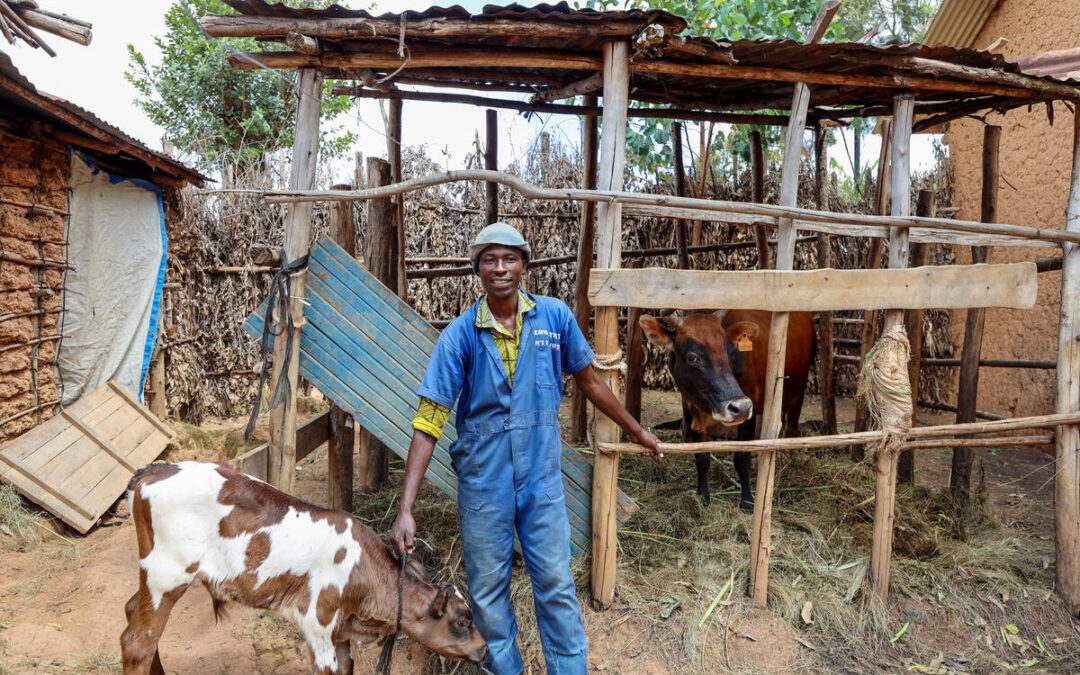
Supporting the economic resilience of refugees is a central piece of the global effort to meet the SDGs.
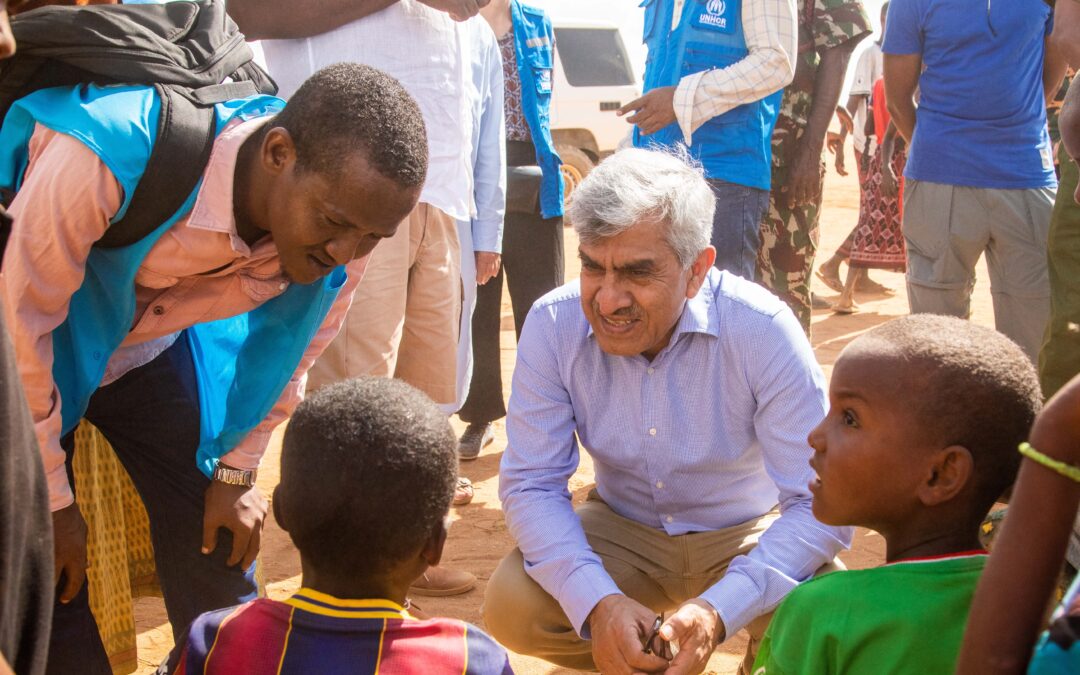
Sajjad Malik, UNHCR’s Director for Resilience and Solutions, returns to the Kakuma and Dadaab refugee camps 30 years after he helped set up services there. Ahead of the Global Refugee Forum 2023, he reflects on the importance of the Marshall Plan and the role of development organizations to building pathways for refugees to reach their aspirations.
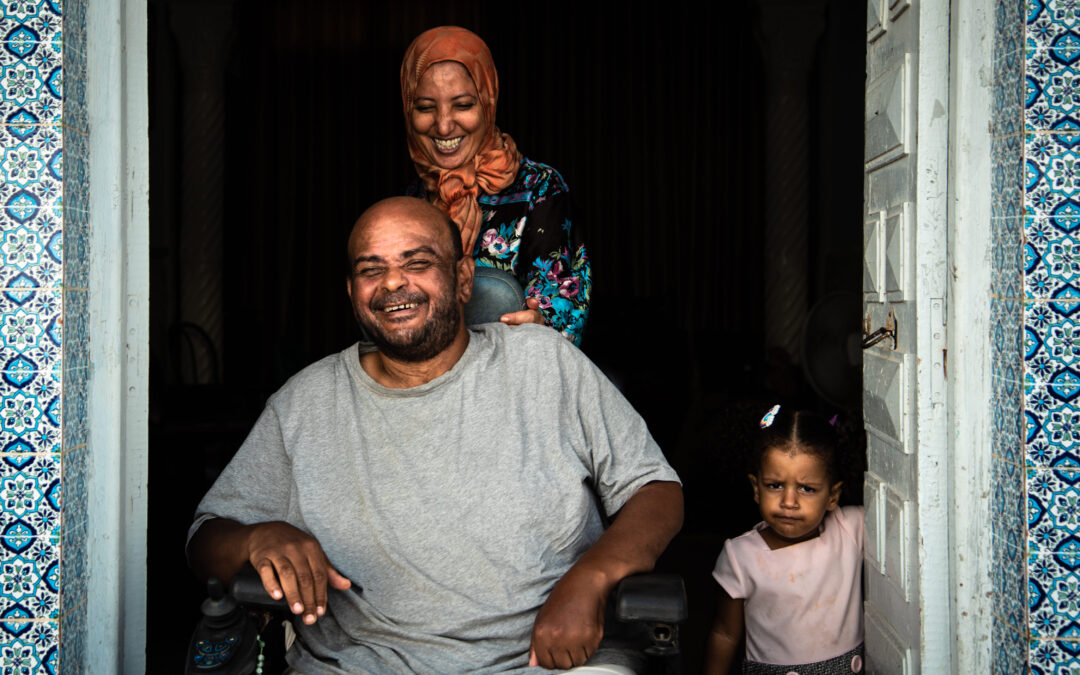
To include refugees sustainably and effectively, there must be a well-supported health system capable of meeting the needs of refugees and host communities.